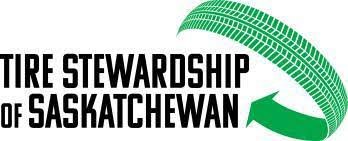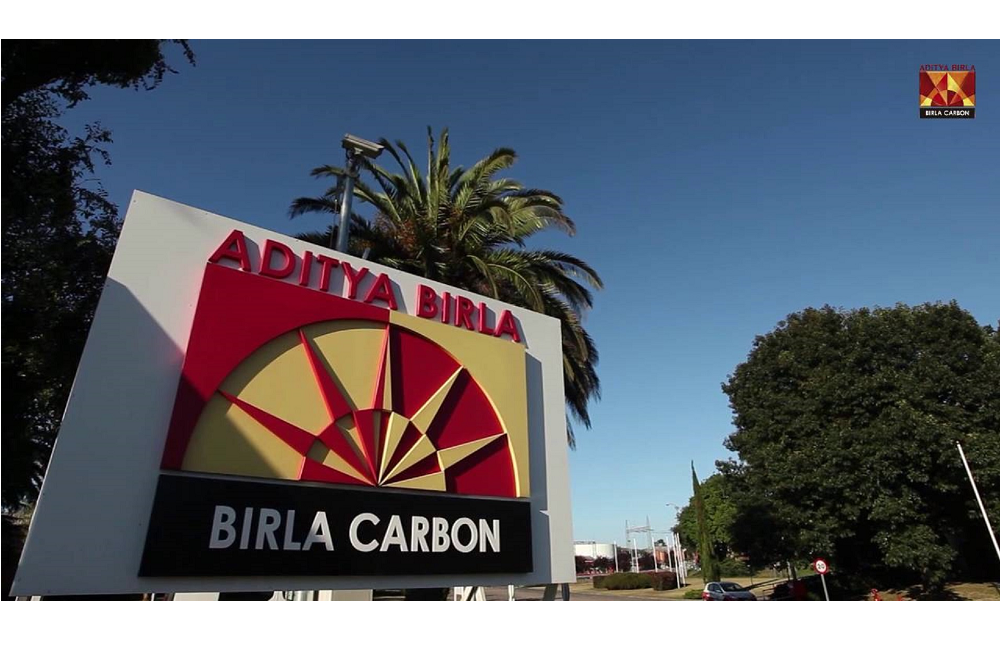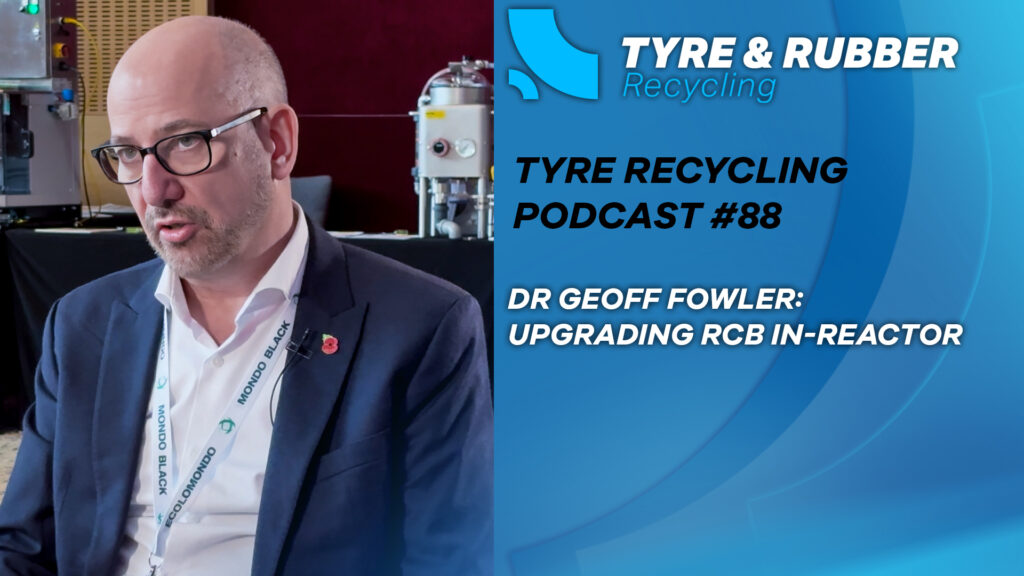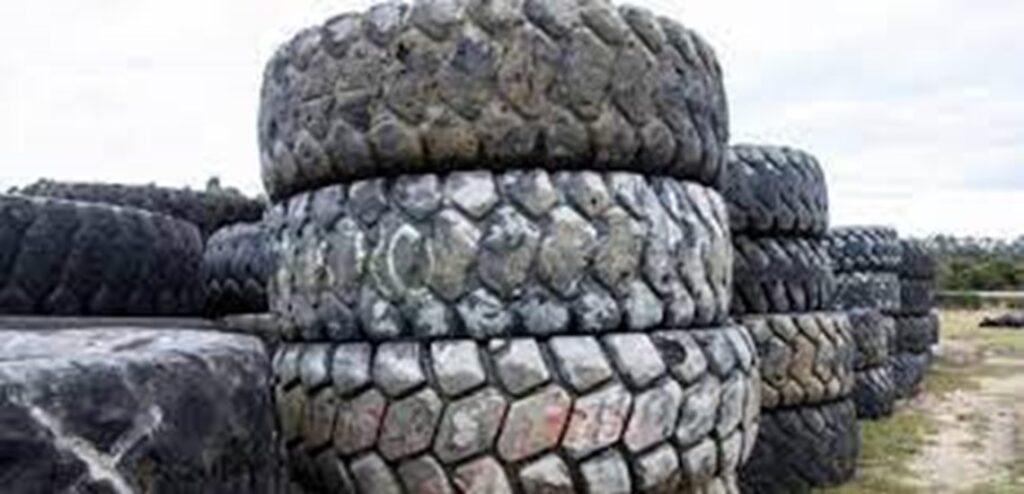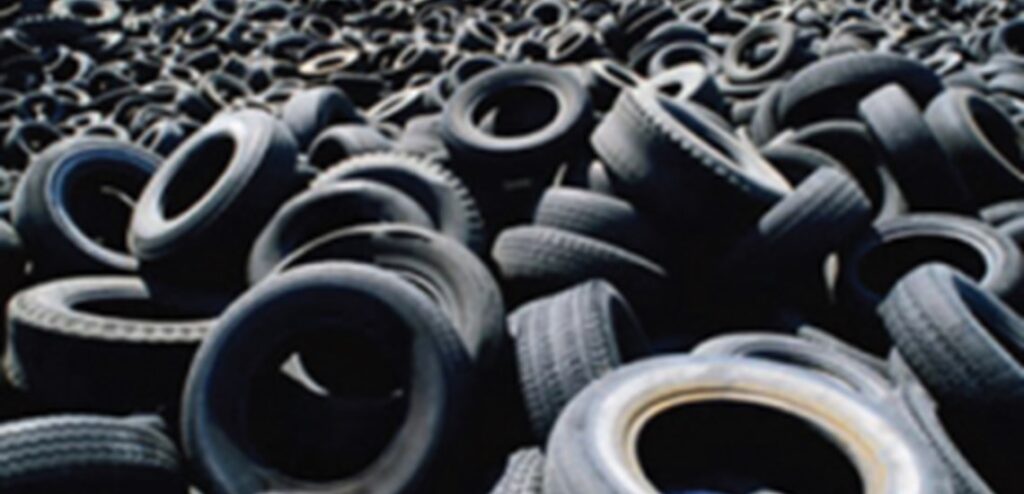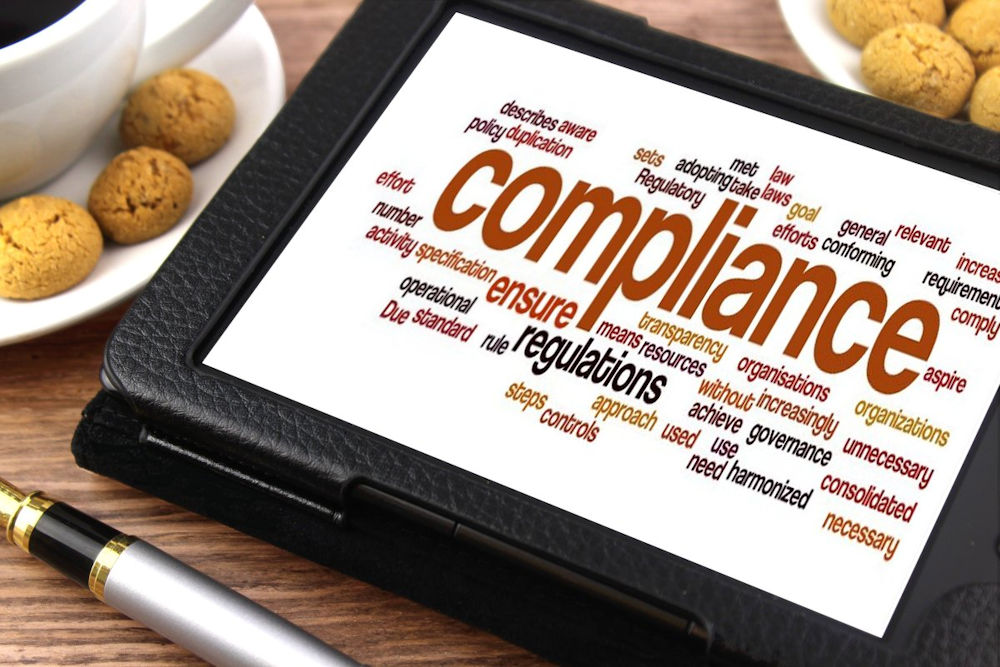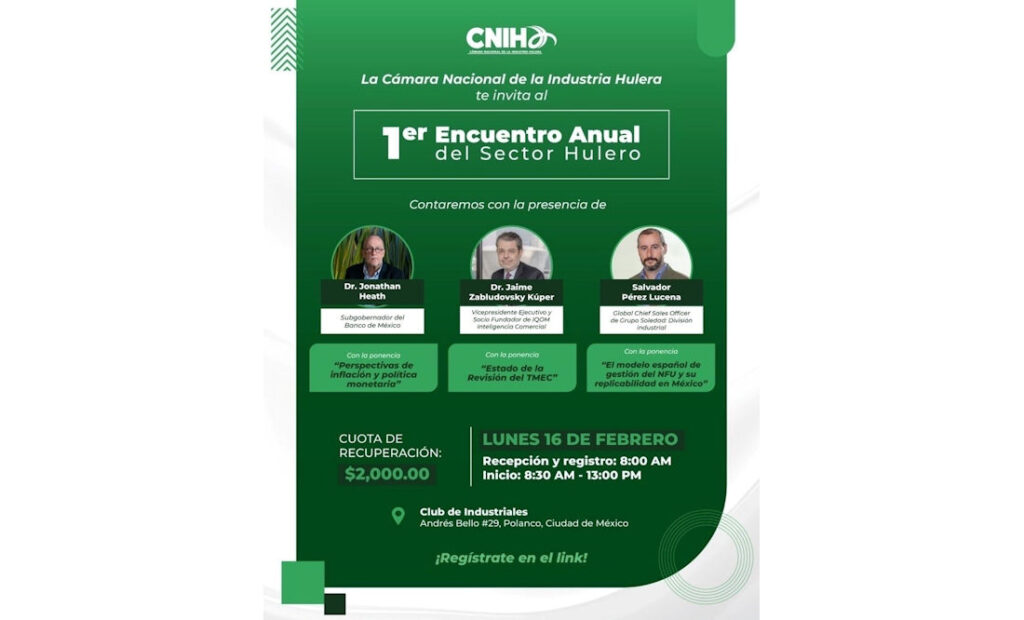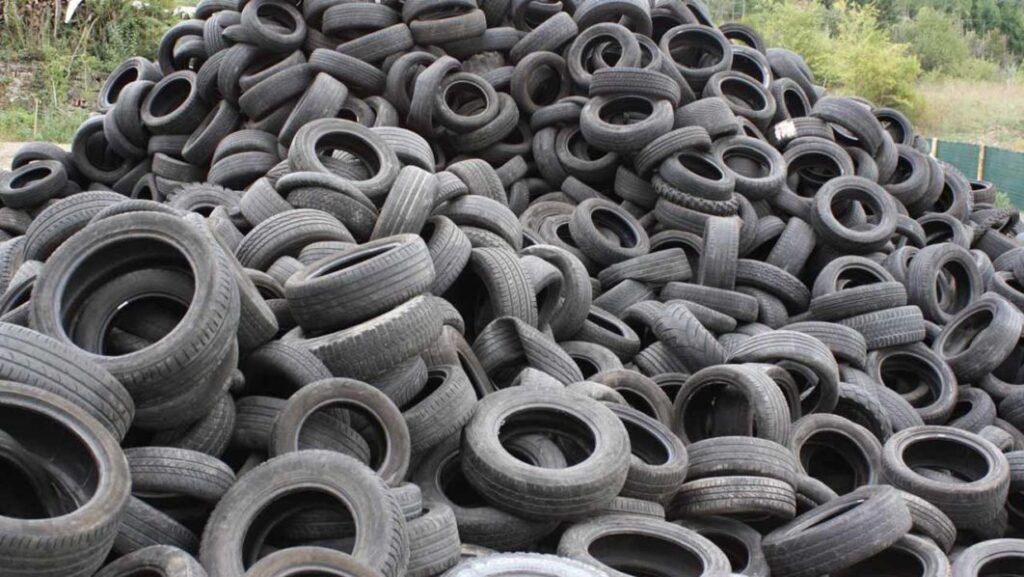Shercom was Saskatchewan’s sole tyre recycler, and had invested in growing its facilities to cover the whole of the Province, until Tire Stewardship of Saskatchewan signed a deal with CRM in 2022
The CRM deal left Shercom Industries high and dry and a public dispute took place, resulting in the company resorting to litigation.
In April 2025, CRM withdrew from Saskatchewan and a new deal was signed in July 2025, with Ontario-based Emterra, which still excluded Shercom.
In November 2024,the Company filed a statement of claim at Saskatoon Court of King’s Bench, seeking at least $10 million in damages against the Government of Saskatchewan, the Tire Stewardship of Saskatchewan (TSS) and its CEO.
The statement of claim argued Shercom was unfairly excluded from a request for proposals to award a second tyre recycler.
According to the lawsuit, Shercom believed it was excluded from the process.
In February 2025, the Government of Saskatchewan said it had reached a settlement with Shercom Industries.
The government has agreed to pay $4.8 million to Shercom Industries, which it is claimed; “Shercom Industries accepts this payment in full and final satisfaction of its claims and acknowledges that it will have no further claims related to any matters raised in the lawsuit,” the government said in the announcement.
This was followed by a disclaimer that the Saskatchewan government had settled this case in the best interests of the people, and it was not an admission of liability.
“Shercom is relieved that this matter is finally at end and we are prepared to move on. We are not prepared to comment further.”

